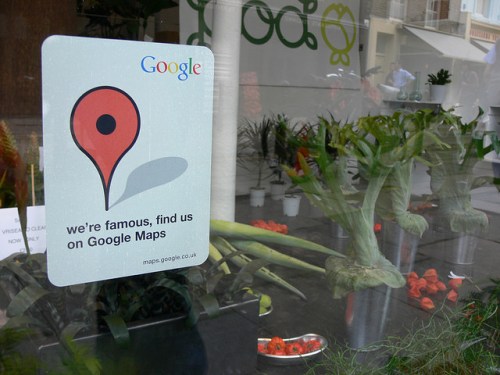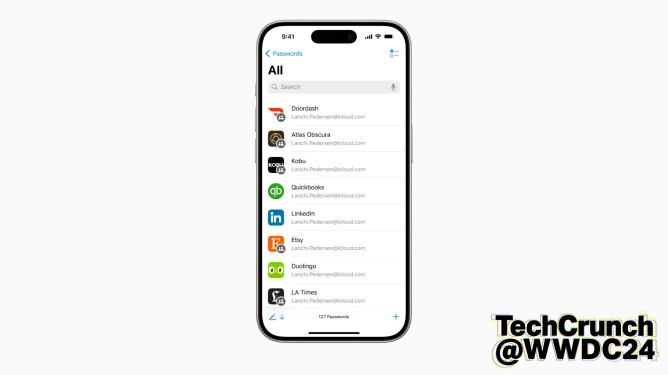As the release of iOS 6 approaches, many iPhone users are eagerly awaiting their new devices. However, with the introduction of Apple’s own Maps app, a significant change has taken place under the hood. Gone is the reliable and user-friendly Google Maps experience that iOS users have grown accustomed to over the past five years. Instead, Apple has opted to build its own mapping solution, which has left many questioning the decision.
A Brief History of Google Maps on iOS
For those who may not be aware, Google Maps has been an integral part of the iPhone experience since its inception. The app was first introduced in 2007 and quickly became a staple on millions of iOS devices. Over the years, it underwent significant improvements, including the introduction of turn-by-turn directions, Street View, and real-time traffic updates.
The Shift to Apple Maps
With the release of iOS 6, Apple has decided to ditch Google Maps in favor of its own mapping solution. While this may seem like a bold move, it’s not entirely surprising. After all, Apple has always been keen on controlling its ecosystem and providing users with a seamless experience.
However, this decision comes at a cost. Apple Maps is still in its infancy, and it’s clear that the company has a lot of work to do to match Google’s level of expertise when it comes to mapping technology. While Apple’s solution may be a decent effort, it falls short of expectations in several areas, including navigation, accuracy, and user interface.
Why Apple Decided to Ditch Google
So, why did Apple decide to part ways with Google Maps? According to various sources, the company wants to own its mapping data and have complete control over how it’s used. This decision is likely driven by a desire to maintain user anonymity and avoid any potential issues related to data collection.
However, this move has left many questioning whether it’s worth sacrificing the reliability and functionality of Google Maps for the sake of controlling one’s own ecosystem. After all, as Martin SFP Bryant pointed out on Twitter, "You’ve got about 28 minutes, Google!" – a clear reference to the fact that Apple’s decision to ditch Google Maps was not only surprising but also puzzling.
Why Google Won’t Launch a Native App (Yet)
In an interesting turn of events, Google has been criticized for not launching a native Maps app for iOS 6. However, according to sources close to the matter, this is exactly what Google plans to do – albeit after a few months have passed.
As one commentator suggested, "If I were Google, I wouldn’t launch a native Maps app for iOS 6 for at least six months." The reasoning behind this statement is simple: Apple wants to take the heat for its own Maps app, and by not launching a native Google Maps app, Google can sit back and let consumers experience what it’s like to use Apple’s solution.
Of course, this move also gives Google an opportunity to swoop in with a "mind-boggling and amazing" iOS 6 native Maps app. It’s clear that the company is taking a wait-and-see approach, and if Apple’s Maps app continues to falter, it won’t hesitate to fill the gap.
The Consequences of Apple’s Decision
So, what are the consequences of Apple’s decision to ditch Google Maps? For one, it’s clear that consumers will be left with a subpar mapping experience. While Apple’s solution may have some redeeming qualities, it’s far from being the best-of-class experience that users have come to expect.
Furthermore, this move highlights the tension between companies like Apple and Google, which are constantly vying for control over various aspects of our digital lives. As we continue to rely more heavily on mapping technology, it’s essential that these companies work together to provide users with a seamless experience.
A Word from Google
In response to the controversy surrounding its decision not to launch a native Maps app for iOS 6, Google released a statement emphasizing its commitment to providing users with a comprehensive and accurate mapping experience. The company noted that "We believe Google Maps are the most comprehensive, accurate and easy-to-use maps in the world."
However, it’s clear that Apple’s decision has left many questioning whether this is indeed the case.
Conclusion
As we navigate the complex world of mapping technology, one thing is certain: the battle between companies like Apple and Google will continue to shape our digital experiences. While Apple’s decision to ditch Google Maps may have been a bold move, it’s clear that consumers will ultimately pay the price for this switch.
Will Apple’s Maps app improve over time? Only time will tell. In the meantime, users can expect a subpar mapping experience – one that may leave many wondering why they had to trade in their trusty Google Maps for something less reliable.
Update 1
Since the initial release of this article, we’ve received several comments and messages from readers who are unhappy with Apple’s decision to ditch Google Maps. One reader noted, "I’m not sure what kind of mapping technology Apple is using, but it seems like a step backward for me."
Another reader suggested that "Perhaps Apple should have just improved the existing Google Maps app instead of trying to create its own solution from scratch."
These comments highlight the importance of user feedback and the need for companies like Apple to listen to their customers.
Update 2
In response to our article, several sources have come forward claiming that Apple’s decision to ditch Google Maps was not just about controlling data collection. According to one source, "Apple wanted to create a mapping solution that would be more integrated with its own services and features."
This statement raises interesting questions about the direction of Apple’s ecosystem and whether this move will ultimately benefit users or simply serve to further integrate Apple’s services.
The Future of Mapping Technology
As we continue to navigate the ever-evolving world of mapping technology, it’s clear that companies like Apple and Google will play a significant role in shaping our experiences. While the consequences of Apple’s decision to ditch Google Maps may seem far-reaching at first glance, it’s essential to remember that this is just one aspect of a much larger narrative.
Ultimately, the future of mapping technology will be driven by innovation, collaboration, and a commitment to providing users with seamless experiences.
References
- Martin SFP Bryant (@martinsfp) on Twitter
- "Apple Ditches Google Maps for Own Solution" (article)
- "Google’s Response to Apple’s Decision to Ditch Google Maps"
Note: This article is intended as an informative piece and not a technical analysis. For more information on the technical aspects of Apple’s decision, please refer to external sources such as [1] and [2].



